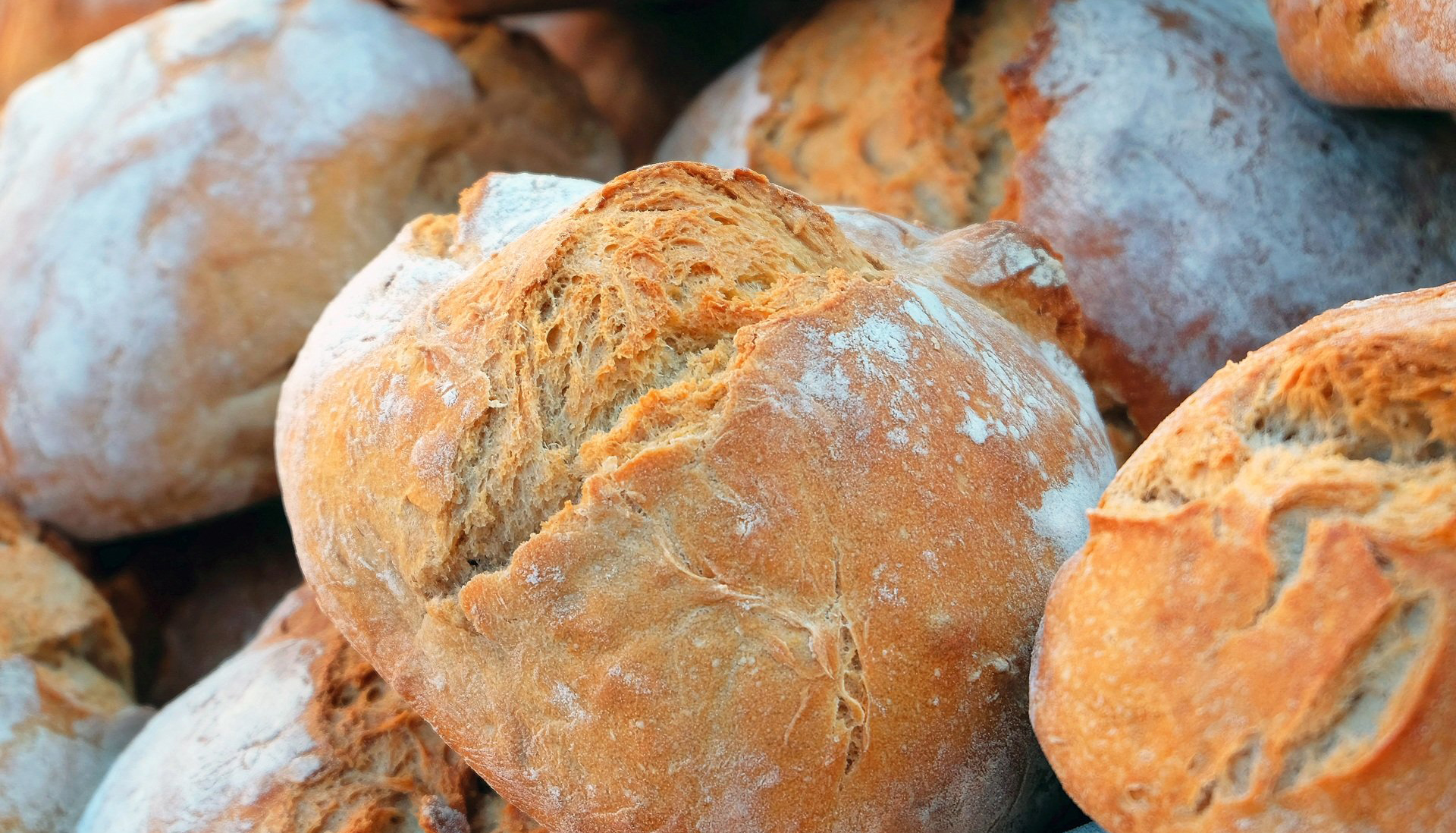The parables of Matthew thirteen reveal to us some of the grandest endtime truths Jesus ever uttered. Truths for our day. Our Lord chronicles for us certain events of the church age by using veiled language; i.e., a sower sowing seed, a mustard seed, leaven in a loaf, treasure hid in a field, pearl of great price, the dragnet, and a scribe. Read part one on the Parables of Matthew Thirteen here, part two here, part three here, and part 4 here.
The Leavened Bread (verse 33)
Another parable he spoke to them: “The kingdom of heaven is like leaven, which a woman took and hid in three measures of meal till it was all leavened.”
The influence of the reformation is over. Spiritual decline has essentially run its course. The power and pull of traditional denominational sectarianism is declining, if not dead. The woman (sectarianism) has leavened the entire meal (Church). And the Church has transitioned into a post-reformation period. I’m referring to our present situation.
The Decline
When God moves in the earth, He always chooses a man (or woman) to create a move of God. The second generation preserves the teachings of that man and creates a movement centered on his teachings. The third and fourth generations create a monument dedicated to sustaining the status quo. And that’s the definition of denominations: sustaining the status quo. The present wineskin has become the old wineskin. And God starts over. He’s forced to. You cannot put new wine in old wineskins.
The key phrase in this parable is “…till it was all leavened.” Most traditional churches have become leavened with what C. Peter Wagner calls the corporate spirit of religion. Wagner comments:
“Here is a concise definition of the spirit of religion. The spirit of religion is an agent of Satan assigned to prevent change and maintain the status quo by using religious devices…It causes religious leaders to concentrate not on what the Spirit is saying, but on what the Spirit said in a former season.” (Changing Church, 19, 21).
Wagner put his finger on it—our tendency to live and hold on to the past.
The Great Opposition
It’s well documented. The greatest opposition to a present move of God is the leaders from the previous move of God. The Catholics, for instance, opposed the Protestant movement. The Protestants opposed the Pentecostal movement. The Pentecostals opposed the charismatic movement. And more than a few charismatics oppose the present-day Prophetic movement, to give a few examples. Each movement shares a commonality—each tends to want to live in the past.
Yes, the woman leavened the whole meal. Traditional denominational churches, for instance, are shrinking, not only in size but by influence. The Episcopal Church dropped from 3.4 million in 1968 to 2.5 million in 1994. United Methodists decreased from 11 million to 8.6 million during that same period. The Presbyterian Church (U.S.) from 4.2 million to 3.7 million, and the United Church of Christ from 2 million to 1.5 million. Even the Southern Baptists are no longer “the driving force behind the resurgence of born-again Christianity” (Churchquake!, 11-12). The Church, as we know it, is essentially at the end of its decline, thus is entering a transition, into the age of the kingdom. A new wineskin is coming forth. These are the worst of times, these are the best of times.
Yes, the first four parables show a progression of decline during the church age. The next four, parables of the kingdom, show a progression of restoration. Get ready for some Good News!
We’ll look at those soon.
This article is part 1 of part 2 in a series of articles by Lynn Ridenhour.
Parables of Matthew Thirteen Part one:
-
The Leavened Bread
Parables of Matthew Thirteen Part two:
